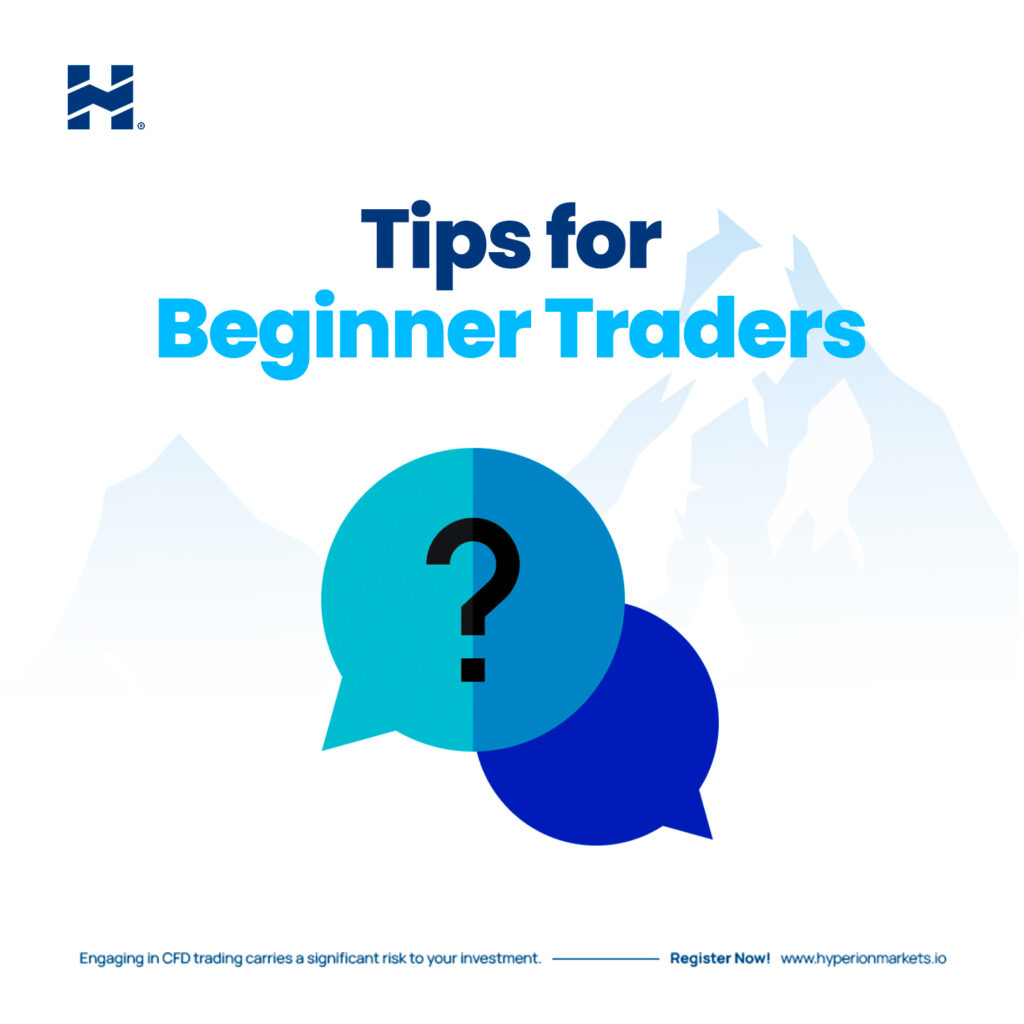Tips for Beginner Traders
- Learn Before Live Trading:
Before trading with real money, spend time learning about financial markets, trading instruments, technical and fundamental analysis. Use practice accounts to gain experience without financial risk.
- Establish a Trading Plan:
Develop a trading plan that includes your financial goals, entry and exit strategies, risk levels, and capital management. Following a plan can help avoid impulsive decisions.

- Risk Management:
Limit risk in each trade. Use stop-loss orders to determine how much you are willing to lose on a trade and adjust the size of your positions accordingly. Risk management is essential for long-term survival.
- Diversify Your Portfolio:
Do not put all your resources into a single investment. Diversifying your portfolio helps reduce risk by spreading your assets among different asset classes or financial instruments.
- Maintain Emotional Calm:
Control emotions like fear and greed. Emotion-based decisions can lead to errors. Stay calm and make rational decisions based on your trading plan and analysis.
- Stay Updated Constantly:
Financial markets change constantly. Stay updated on economic events, news, and trends that may affect your assets. Up-to-date information enables you to make informed decisions.
- Practice Discipline:
Discipline is critical in trading. Follow your trading plan, stick to your rules, and avoid deviating due to emotions or impulses. Consistency is key to long-term success.
- Evaluate and Learn from Your Trades:
After each trade, review and evaluate your performance. What went well? What could you have done differently? Learning from past experiences helps improve and adjust your strategies for the future.
“A probabilistic mind-set pertaining to trading consists of five fundamental truths.
1. Anything can happen.
2. You don’t need to know what is going to happen next in order to make money.
3. There is a random distribution between wins and losses for any given set of variables that define an edge.
4. An edge is nothing more than an indication of a higher probability of one thing happening over another.
5. Every moment in the market is unique.”Mark Douglas, Author of Trading in the Zone.
